Last Updated on October 12, 2023
PLOT: John Carpenter’s Suburban Screams is a genre-busting, unscripted horror anthology series from the mind of legendary director, writer, and producer John Carpenter. The series explores the dark secrets and unspeakable evil that sometimes lurks beneath the surface of the sun-drenched streets, manicured lawns, and friendly neighbors of suburbia. Each episode focuses on one true tale of terror, told by the real people who lived through it. Their firsthand accounts are brought to life through premium cinematic scene work, news clips, home photos, and archival footage, combining the visual language of horror films with the tools and techniques of documentaries, creating a uniquely frightening experience for viewers.
REVIEW: As one of the most famous horror directors of all time, John Carpenter’s name carries enough weight that placing it above the title of a film or series is enough to make it worth checking out. Despite not having directed a movie since 2010’s The Ward, Carpenter has been active as a composer and producer, including both duties on David Gordon Green’s recent Halloween trilogy. The first project bearing Carpenter’s moniker above the title in over a decade is arriving just in time for Halloween. John Carpenter’s Suburban Screams is vastly different from anything the filmmaker has been involved with, as it is his first unscripted project. The result is caught somewhere between the popular true crime stories of Dateline and the dramatic recreations from Unsolved Mysteries. Varying wildly in quality, Suburban Screams is a decent series but offers nothing new compared to the aforementioned programs.
All six episodes of Suburban Screams were made available for this review, and I am unsure how to feel about them as an overall series. Each episode follows a formula, starting with a reenactment as a teaser before transitioning to a brief title sequence with an introductory voiceover provided by John Carpenter. The episodes then start with an interview segment. Each interviewee is either a direct participant in the events the episode relates to or a subject matter expert. Interestingly, none of the interviewees have their last name shown on screen. As they relate their tales, we get stock images that have been slightly animated, stock film clips used to accentuate the mood or reenacted sequences of the main story. Because of the nature of these stories, the archival footage seems limited to the filmmakers reusing existing footage and adding their own audio or flair to make it seem more realistic. It is very easy to tell when something is pilfered from a stock source versus evidence of the main story, and the stock material cheapens the tale’s focus.
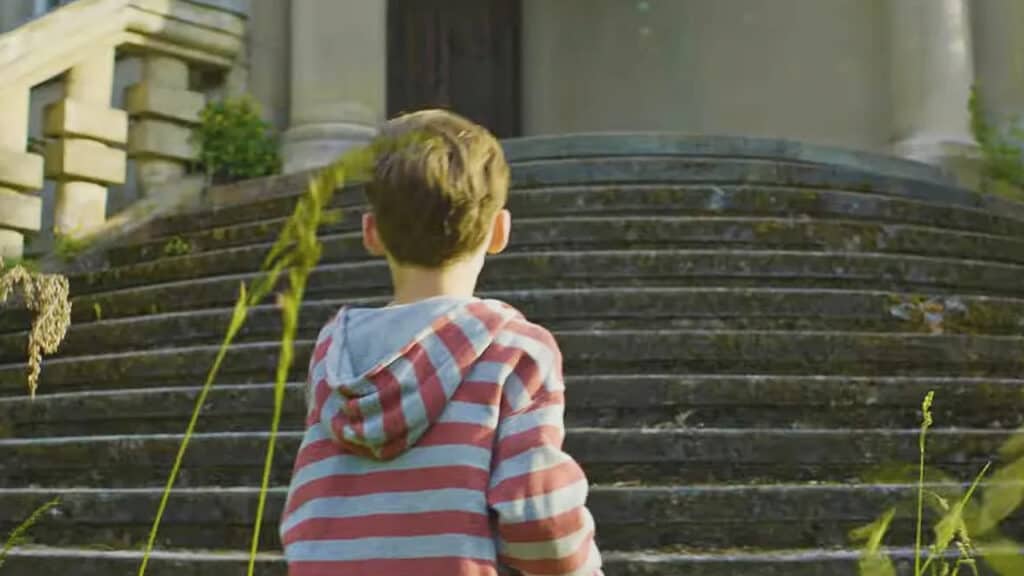
Each episode of Suburban Screams varies wildly in content and quality. The first entry, “Kelly,” tells a story involving a Ouija board, psychic visions, and a dead body. The episode “Phone Stalker” deals with someone being cyber-stalked in increasingly invasive ways. These entries include first-person interviews but offer no real resolution or explanation of how or why these events occurred. Where Unsolved Mysteries offered audiences the chance to play detective, these stories are designed to shock us with their bizarre nature. Instead, they come across as stories you would overhear from somebody at a get-together or dinner party. The episode “The Bunny Man” takes a different angle and relates an urban legend about a masked criminal stalking Fairfax, Virginia. Flashing back to the early 1900s and the 1970s, this episode offers no real evidence but instead features people talking about their knowledge of the scary story from their childhood. While the design of the Bunny Man mask is a highlight, the episode never feels like more than a reenactment of a fictional tale.
Having seen all six episodes of Suburban Screams, I am very disappointed in the weakness of these tales. As a kid, Unsolved Mysteries scared the crap out of me on numerous occasions thanks to the archival video and audio more than the cheesy reenactment segments. Dateline still creeps me out from time to time because of the inclusion of so much factual material. I wanted to like these episodes beyond the seal of approval from John Carpenter, but I could not bring myself to do so. Each episode clocks in at about forty to forty-five minutes, with a decent amount of that time spent with lingering shots that feel like filler. The dramatic filmed scenes are often presented without narration, which pulls away from the documentarian approach to the story. The unevenness of each episode is apparent, which detracts even further from the overall weakness of the shared half-dozen stories.
Carpenter helmed one episode, the sixth entry titled “Phone Stalker.” Directing duties on the rest of the season were split amongst Jan Pavlacky and Michelle Latimer, who each directed two episodes, and Jordan Roberts, who helmed one. Despite Peacock touting “premium cinematic” work, most episodes lack the nuance of big-screen productions. Carpenter directed his episode remotely, which did not seem to improve or detract from the finished product. While his entry is one of the weaker stories, it is enhanced with the full series thanks to Carpenter’s synth score composed in conjunction with his son. You may be in trouble when the music is the best part of your series, but soundtracks seem to be the seventy-five-year-old Carpenter’s strong suit. There are so many glimmers of potential in these episodes, but they are fleeting and never amount to much more than curiosity.
The Ward was an underwhelming swan song to John Carpenter’s directorial career, assuming that was his last feature film. Suburban Screams does not redeem that effort with its low-budget look and feel. The filmed material is cheezy at best, with a few glimmers of potential mixed in. While I would not be opposed to seeing the Bunny Man episode expanded into a feature film, the other five episodes never develop into anything all that interesting. I have seen creepier tales explored on other true crime shows, which feel more authentic than Suburban Screams. Because this series focuses on uncorroborated stories and not on more authentic evidence, it feels like true crime without the truth. If you are into creepy stories based on real accounts, you may enjoy this series. Otherwise, Suburban Screams is for John Carpenter completists only.
John Carpenter’s Suburban Screams premieres on October 13th on Peacock.


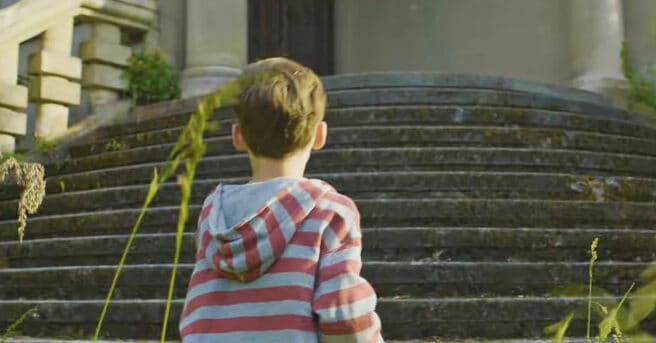




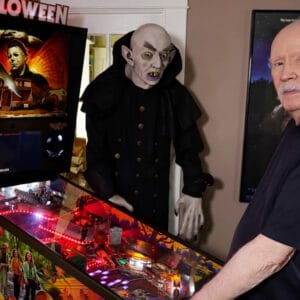

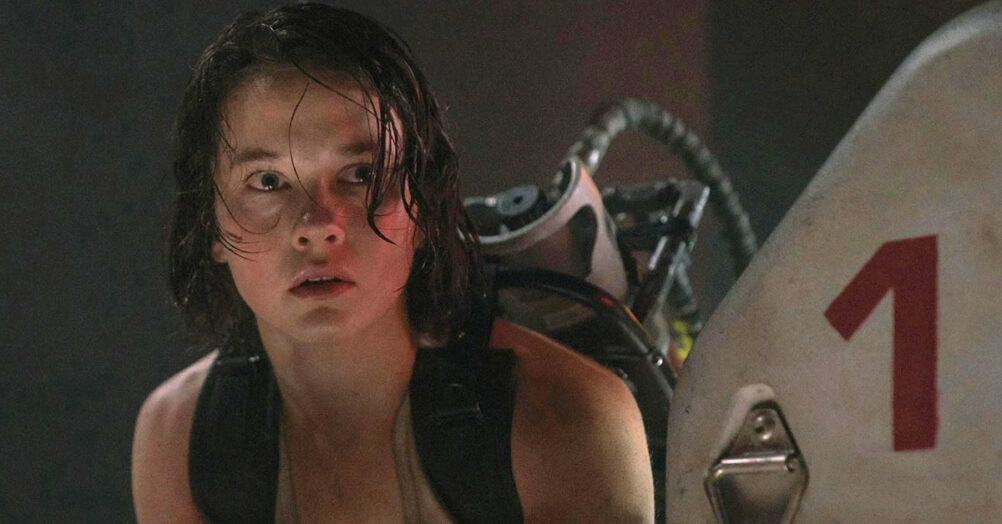


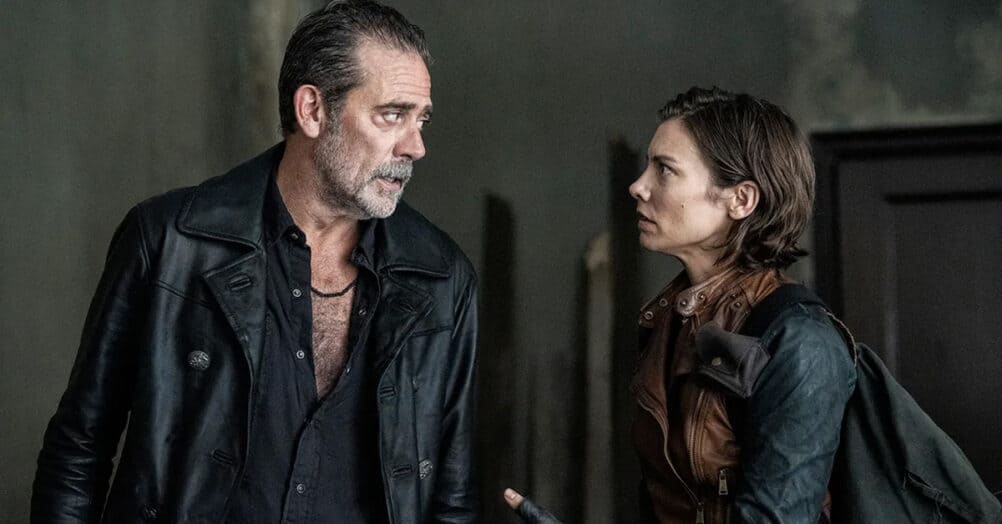
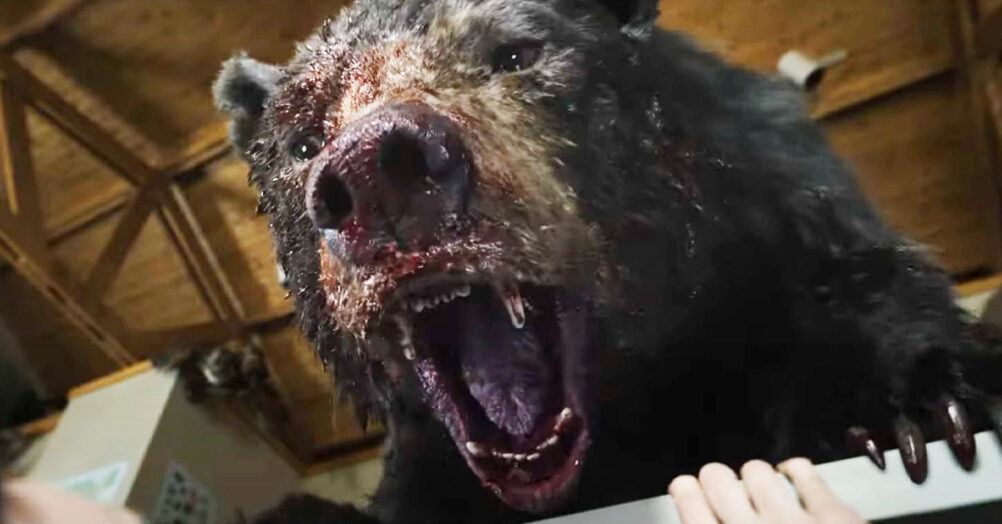

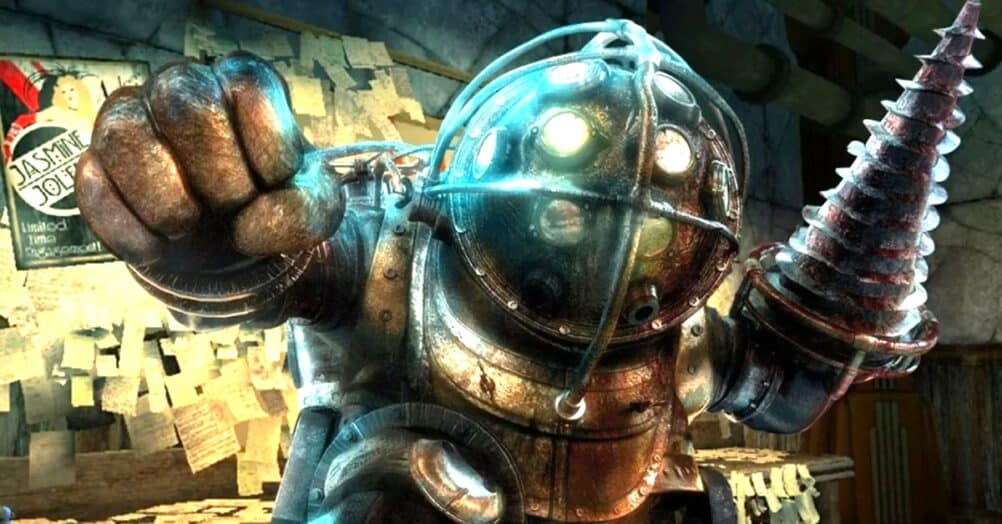
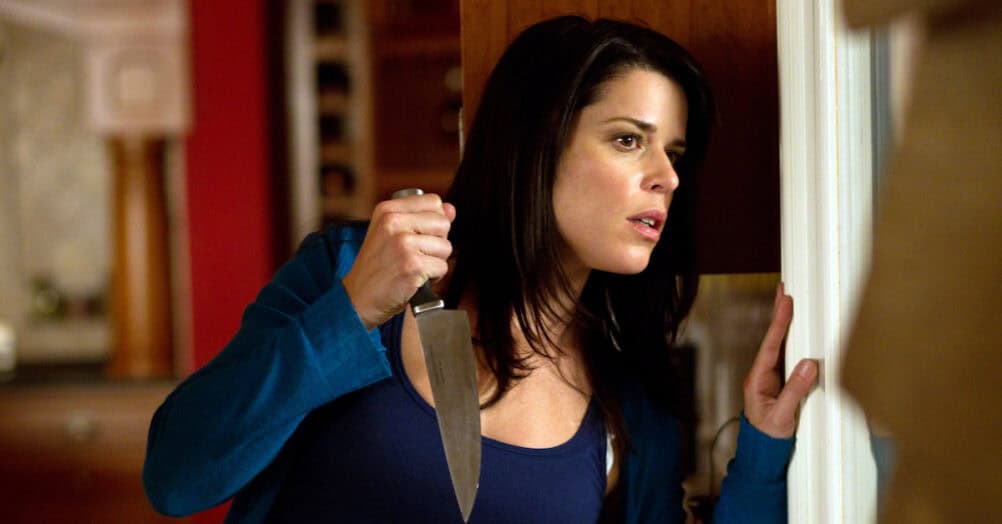


Follow the JOBLO MOVIE NETWORK
Follow us on YOUTUBE
Follow ARROW IN THE HEAD
Follow AITH on YOUTUBE